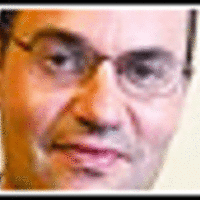An FDA for financial products?
Loading...
Two University of Chicago scholars have posted an intriguing paper for establishing future "rules of the game" to reduce the likelihood of future financial market meltdowns.
To quote Posner and Weyl; "We propose that when investors invent new financial products, they be forbidden to market them until they receive approval from a government agency designed along the lines of the FDA, which screens pharmaceutical innovations. The agency would approve financial products if and only if they satisfy a test for social utility. The test centers around a simple market analysis: is the product likely to be used more often for hedging or speculation?"
What strikes me here is to not forget the difference between partial equilibrium and general equilibrium. When the FDA examines a new drug to see if it will allow it to be sold to the public, it conducts clinical trials to study the direct effect of this drug on those who are suffering from a medical condition. This "treatment effect" is a reduced form parameter that can be estimated using conventional methods. The FDA can get away with conducting partial equilibrium analysis.
In contrast, in the case of new financial instruments , if we are serious about evaluating the net benefits of allowing such new products then we need to write down a dynamic general equilibrium model of how the economy would evolve with and without the new set of contracts. This must be an example of the theory of the second best because I have always thought that opening up new markets can only increase our well being because we can always choose not to participate in the market. The "theory of the 2nd best" always strikes me to be a big mess where economists haven't made much progress.








